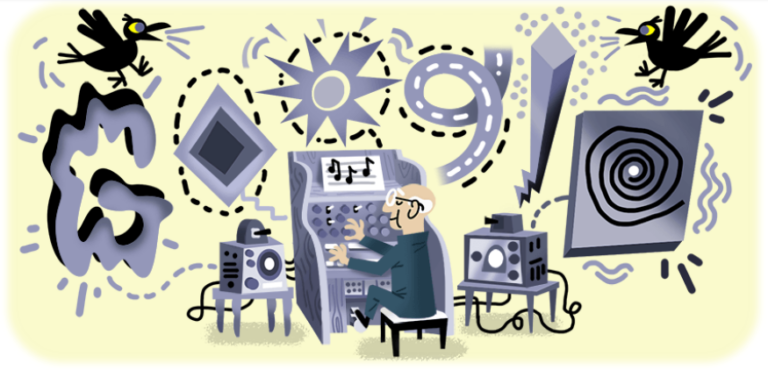Today’s Google Doodle honors Oskar Sala, the German musician who helped pave the way for electronic music through the creation of the Mixtur-Trautonium instrument.
Oskar Sala was born on July 18, 1910 in Greiz, Germany into a family of musicians and music enthusiasts. From an early age, Oskar learned instruments including the piano and violin, even composing his own songs for both.
Things changed for Oskar Sala around 1930, with Friedrich Trautwein’s invention of the “Trautonium,” an instrument that used a resistor wire and a metal plate to create a sound wave electronically. While electronic music today is typically created using a synthesizer, that instrument didn’t become practical until the 1964 debut of the Moog synthesizer. In that way, the Trautonium and other instruments like the theremin were precursors to the synthesizer and modern electronic music.
Will He or Won’t He? – Elon Musk’s Twitter acquisition (infographic)
Sala was deeply inspired by the instrument and the unique sounds it could create. As such, he became one of the only musicians of the time to master the Trautonium, even playing public concerts to help introduce the instrument to the public.
Read more: Google
Ask me anything
Explore related questions





